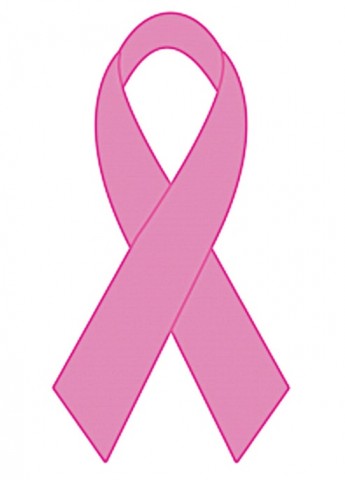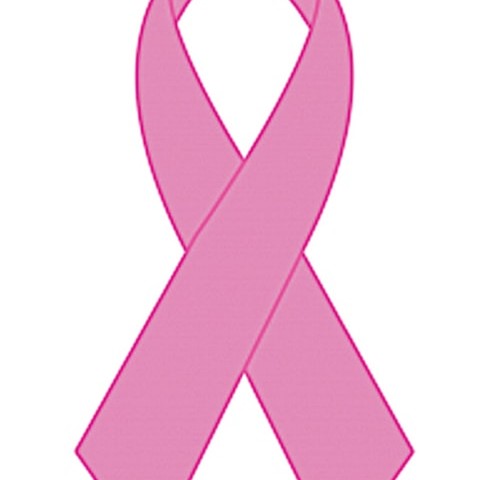 Whether a female is still sporting her natural breasts or the results of breast augmentation or a reduction procedure, they run the risk of having some form of breast cancer.
Whether a female is still sporting her natural breasts or the results of breast augmentation or a reduction procedure, they run the risk of having some form of breast cancer.
According to a recent study, women around the world with the most common form of early-stage breast cancer can now safely skip chemotherapy without damaging their chances of beating the disease. This study was performed by doctors that used genetic testing to gauge the risk level of each patient.
In addition, the study was the largest one ever conducted regarding breast cancer treatment. Experts say the results of the study can spare up to 70,000 patients a year the ordeal and expense of drugs associated with breast cancer treatment.
According to the study leader, Dr. Joseph Sparano of Montefiore Medical Center in New York, most women in this situation will not need treatment beyond surgery and hormone therapy. The study was funded by the National Cancer Institute as well as some foundations and proceeds that came from the U.S. breast cancer postage stamp.
Over the last few years, cancer care has been moving away from chemotherapy in favor of gene-targeting therapies, immune system treatments and hormone blockers. If chemotherapy is now necessary as part of the treatment for a patient, it is often used in lower does or for shorter periods than it was in the past.
Info from an Additional Study
In addition, another study that was recently conducted found that the immunotherapy drug from Merck, Keytruda, worked better than chemotherapy as an initial treatment for most people with the most common type of lung cancer. Plus, it exhibited far fewer side effects than chemo.
The breast cancer study from the National Cancer Institute focused on patient cases where the value of using chemotherapy is often in doubt. Some examples of these cases include women with early-stage disease that has not spread to the lymph nodes, the disease is hormone-positive (the growth of the disease is caused by estrogen or progesterone) and is not the type of cancer targeted by the drug known as Herceptin.
Study Details
The study involved 10,273 patients being given a test called Oncotype DX. This test uses a biopsy sample in order to measure the activity of genes involved in cell growth as well as the response to hormone therapy in order to estimate the risks that a cancer will recur.
When the results were revealed, about 17% of the women had high-risk scores and were advised to undergo chemotherapy. On the other hand, the 16% of the women with low-risk scores in the study know they can skip chemotherapy and this is based on earlier results from this study.
Of the 67% of women found to be at an intermediate risk, each one of them had surgery and hormone therapy. In addition, about half of them got chemo.
After nine years, 94% of both study groups were still alive and almost 84% of them were without signs of cancer. This meant that adding chemotherapy into the treatment made no difference to these patients.
Who Benefited from Chemo?
Certain women, age 50 or younger, did show some benefits from chemotherapy. There were slightly fewer cases of cancer spreading much beyond the breast among some of the women given chemo. Their results depended on their total risk scores on the gene test.
Can the Results be Trusted?
Many doctors say that all women, like those in the study, should undergo gene testing as a guide to determine the type of care they should receive. The testing process was a big help in determining which patients need to undergo chemotherapy. While many women are afraid they will die if they don’t have chemotherapy, the results of the study showed that there are sometimes benefits to having chemotherapy while there are often times that there are no benefits at all.
While there are some doctors who will continue to advise their patients to have chemotherapy, there are other doctors that would be comfortable advising patients to skip chemotherapy in cases where they are like the women in the study and will likely not benefit from the treatment.
Up to the Individual Doctor
While the results of the study show some patients likely would not get much in the way of benefits from undergoing chemotherapy, there are others who can use the therapy to effectively fight the disease. It is up to each individual doctor to examine a cancer patient and determine if chemotherapy is the right choice when it comes to cancer treatment for a patient.
MA





